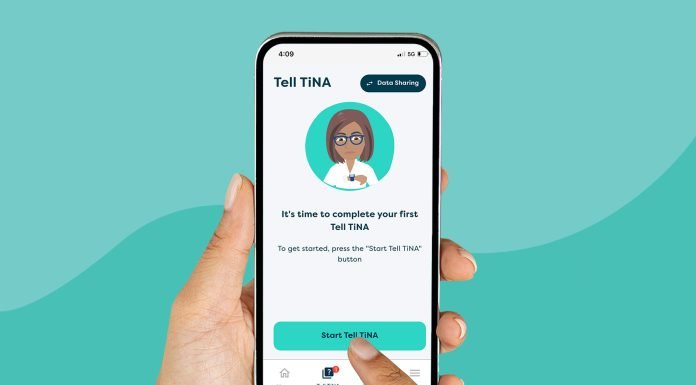Six of Australia’s health technology companies have partnered in a nation-first consortium to connect their systems and improve quality, dignity, efficiency and transparency in aged care.
The Aged Care Technology Consortium’s founding companies – Webstercare, Extensia, Foxo, Visionflex, MEDrefer and Humanetix – are proven health innovators that have joined together to integrate a suite of technologies to demonstrate coordinated care in residential aged care facilities and home care settings.
The benefits of integrated technologies in aged care are significant yet the sector remains strikingly disconnected, with a lack of information sharing between aged care facilities, hospitals, GPs, allied health, older people and families. Even within organisations, systems do not interact.
“The consortium provides a unique and powerful opportunity to show how it is possible to solve some of the ongoing challenges in aged care,” Gerard Stevens AM, Managing Director of Webstercare said.
“Our companies agreed to cooperate to showcase what can be done. It is about integrating aged care into community care to ensure that wherever a patient goes in their care journey their information seamlessly travels with them. Aged care shouldn’t exist as an unconnected silo, especially when older people rely on primary care, allied health, specialists and support services in various combinations.”
Between them, the six companies provide technologies for secure real-time communications, workflow and administration, telehealth and remote monitoring, referrals, medication management, and health information sharing. Their systems easily connect to aged care providers’ existing IT infrastructures showing the ease of implementation.
Other companies with recognised track records of delivering in the health, aged care, Indigenous health and disabilities care sectors are welcome to join the consortium.
“We are not trying to create a club that no one else can join,” David Clarke, CEO of Hills Limited
which recently acquired Extensia, said.
“Quite the contrary, we want to show how the industry takes the initiative and we encourage other innovators to participate to ensure the consortium offers the best collection of technologies to aged care providers and those who use their services. It will also allow new and innovative technologies to be integrated to make sure the ecosystem is state-of-the-art and evolving.”
The benefits to aged care include preventing unnecessary transfers to hospital emergency departments, early identification of health needs, improved services in rural and remote areas, more staff time for patient care, better engagement with families, and patient control of their information.
“The aged care sector is primed for technological transformation. Together we can start to solve problems that are a consequence of disjointed and disconnected legacy systems that underserve the patients, clinicians and carers who use them. We can do better together,” Luke Fletcher, co-founder and CEO of Foxo said.
Last year, the Aged Care Royal Commission found that “substandard care and abuse pervades the Australian aged care system”. It also found that the sector is deeply analogue: “The aged care system is well behind other sectors in the use and application of technology, and has no clear information and communications technology strategy. This mix of factors has resulted in an aged care sector that is behind the research, innovation and technological curves.”
The Australian Government agreed, or agreed in principle, to 126 of 148 recommendations, of which more than 30 are significantly dependent on ICT and digital enablers implementation.
The benefits of the technologies within the consortium have been shown over the years in real-world settings.
In a Queensland care coordination project in partnership with the Department of Veterans’ Affairs, Extensia’s shared care record achieved a 26 per cent reduction in avoidable hospital admissions for patients with chronic and complex conditions.
In a two-year University of Canberra study into the ‘ACE’ system by Humanetix at a 170-bed aged care facility, a 20 per cent saving in nursing time was accomplished.
Webstercare has been one of the most well-known and trusted companies in aged care since introducing the world-first Webster-pak® 40 years ago, and now provides award-winning systems that support older people, families, carers, pharmacists, nurses and aged care staff to manage medications safely.
Source: Press release










